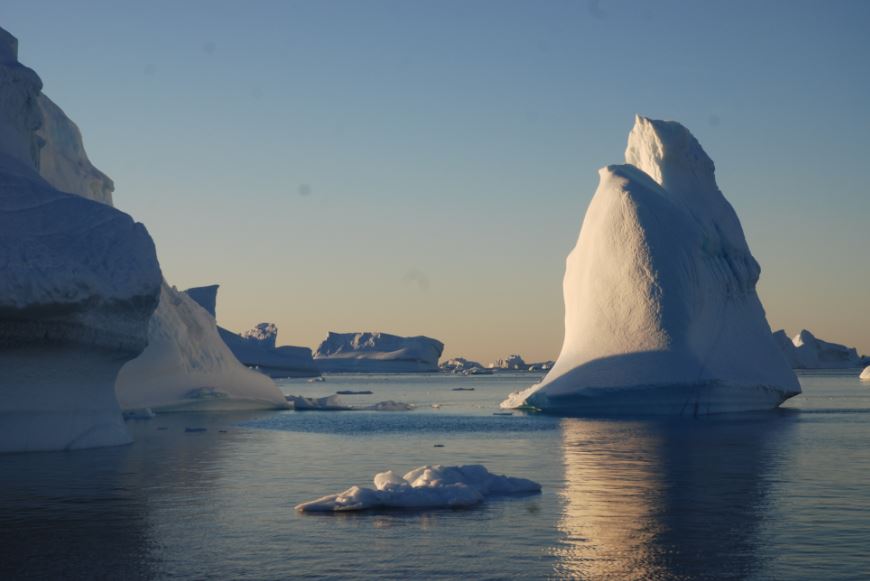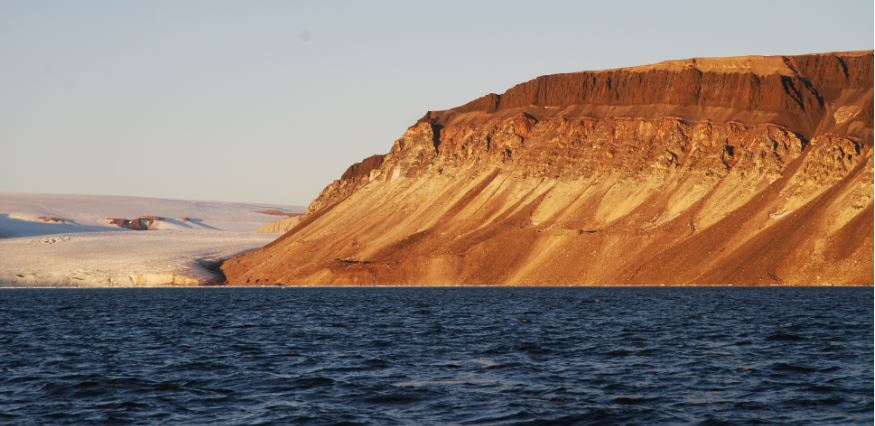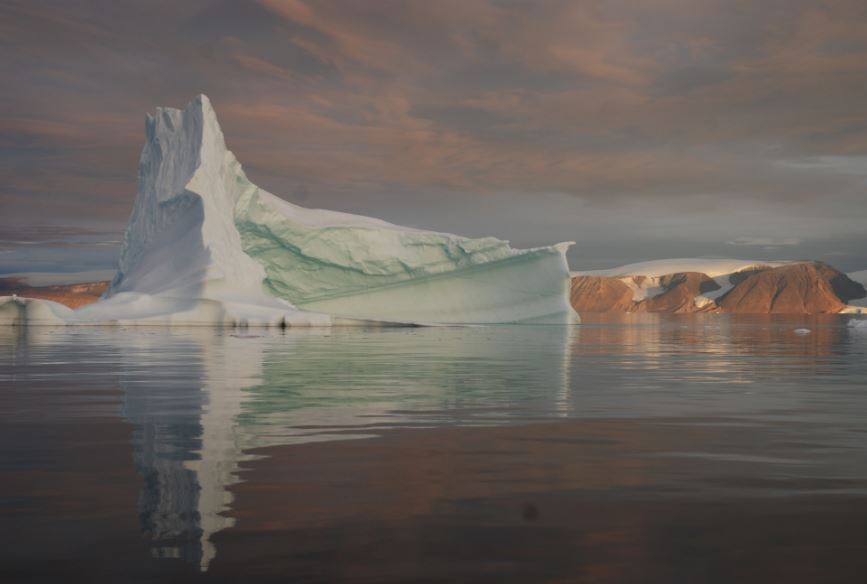After spending two years working on the issues surrounding microplastics in the Ocean, ORP expanded its research program to focus on the effects of climate change. This is an increasingly important area of marine science, given the complexity of its impact on the marine environment and the coastal regions. ORP’s commitment to better understanding the effects of climate change is currently centered on its in-depth studies at the land-sea interface in the vicinity of Greenland. This is one of the least explored areas, and its rapidly deteriorating ice cap could significantly impact the Ocean. The acceleration of sea level rise in heavily populated coastal areas and marine biodiversity loss are substantial risks in the face of changes to the volume, chemical composition, and physical characteristics of the Arctic water body.

In 2015 and 2016, ORP teamed up with NASA’s Ocean Melting Greenland Program to conduct groundbreaking research around Greenland’s Arctic waters. The primary objective was to learn more about the warm, salty water column coming up from the Atlantic that was thought to be melting Greenland’s Ocean, terminating glaciers from below. During these two five-month Arctic research expeditions, ORP’s four-person crew often worked around-the-clock collecting data in remote locations, despite very challenging conditions. They were constantly navigating waters with large amounts of ice, avoiding uncharted rocks and weathering several intense storms.

As a result of their dedication and tireless effort, ORP’s team members were able to conduct regional hydrographic surveys in several different fjords to map the depth and pathways of the warmer currents originating from the Atlantic. Importantly, ORP successfully mapped the seafloor in several areas that had never been mapped. ORP mapped 2,500 miles of northwest Greenland and lowered CTD probes 200 times, down to depths of 1500-3000ft. The data collected from these research expeditions enabled the publication of an important scientific paper that ORP coauthored with NASA’s OMG program.

ORP continues to spearhead its climate change research with new expeditions to Greenland. In 2018, ORP will conduct another Arctic research expedition in these remote, challenging waters, building on its reconnaissance of the last two outings. This third Greenland expedition will be focused on collecting additional information on the complex combination of forces contributing to the rapidly melting Greenland ice sheet. ORP will continue working closely with NASA’s OMG program during this next phase of its climate research; we greatly value the insight of our partnering scientists.
Greenland’s vast coastline and surrounding waters are largely uncharted and under-monitored due to the harsh conditions and remote location. Exploration is a fundamental element of ORP’s uncompromising dedication to research, because exploration in places where other expeditions rarely, if ever, venture enables important new discoveries. Again, the flexibility and reduced cost provided by using sailboats to conduct our research is an important factor enabling ORP’s exploratory approach.
ORP will continue to pursue the observations necessary for scientists to define the conditions for monitoring the effects of climate change on the Arctic marine environment by hosting collaborative Arctic research expeditions to other areas in the coming years, including the northwest passage. We intend to explore best practices and new methodologies to obtain datasets through the incorporation of autonomous technology operations. ORP is also working hard to combine its research program with its educational outreach program in an effort to increase public awareness of this issue.
